Another Shia carnage in Pakistan’s Parachinar lays bare Takfiri footprints
By Syed Zafar Mehdi
Mehdi Hussain, the father of three small kids, left home for his teaching job at the Government High School in Teri Mangal, a border town in northwestern Pakistan’s Parachinar city, on Thursday morning.
Around noon, when students were writing their examination papers and teachers, including Hussain, were performing duties of invigilation, a group of heavily-armed terrorists appeared out of nowhere, eyewitnesses and survivors told the Press TV website.
They barged inside classrooms and opened fire at teachers and some others present, leaving seven of them dead. Four of them, including Hussain, were educated young men with higher education degrees and big dreams for their community and nation.
Hussain had MA and M.Phil in Physics from the Islamia College and University of Peshawar, his batch mate and close friend from Parachinar Hussain Sahil told the Press TV website, describing him as a "bright young man" who "adored his family and was fiercely patriotic".
Hussain’s co-worker, Syed Hussain, was engaged only a few days before the fateful incident and had his wedding planned in two weeks, according to his family and friends. He too was killed in cold blood, leaving behind bereaved family and friends.
The other two teachers killed in the gruesome attack were Syed Ali Shah and Liaqat Hussain, belonging to two different neighboring villages in Teri Mangal, Sahil said.
Apart from four teachers, one driver and two construction workers also fell in the ghastly Takfiri terror attack, including Zamin Hussain, Mohammad Shahid and Bashir Ahmad, according to District Headquarters Hospital in Parachinar, where their bodies were kept.
Zamin Hussain was a lorry driver who had come to the school with some construction material on Thursday morning, not knowing it would be his last day.
He was the lone breadwinner for his family after his three brothers were killed in separate incidents of terrorism in recent months, two of his neighbors told the Press TV website, wishing anonymity.
Shahid and Ahmad were both construction workers who had come to the Teri Mangal school with Zamin Hussain on Thursday to do some repair work.
‘Pre-planned carnage’
Multiple theories and narratives have been circulating regarding the circumstances surrounding the tragic incident, but as the Press TV website learned, there is more to it than meets the eye.
"As fate would have it, these seven people became the victims, but it was not purely accidental, they were not wrong people at the wrong place," said Sahil, pointing to a "pre-planned conspiracy" to stoke sectarian tensions in the restive region bordering Afghanistan.
"Such Takfiri attacks have always had the backing of agencies," he hastened to add, referring to government agencies that have in the past been accused of enforced disappearances of Shias.
There are hundreds of cases of Pakistani Shias who are missing — or subjected to enforced disappearances — from different cities of the country, some of them missing for the past eight years.
All victims in Thursday's ghastly attack belonged to Parachinar's Shia community, which is ethnically Pashtun, the minority ethnic group in Pakistan but the majority ethnic group in Afghanistan.
Parachinar, the capital of Kurram district in Pakistan's Federally Administered Tribal Areas (FATA) situated on the border with Afghanistan, is a predominantly Shia city, with people mostly belonging to Toori and Bangash tribes.
The population of this remote, mountainous region has considerably shrunk over the years due to precarious security situation and difficult economic conditions, according to regional observers.
Since the 1980s, the city has seen numerous terror attacks targeting the Shia community carried out by Takfiri terrorist groups on both sides of the Pakistan-Afghanistan border, Ishtiyaq Hussain Toori, a resident of Parachinar and a political commentator, told the Press TV website.
Toori referred to local Takfiri terrorist group Lashkar e Jhangvi (LeJ), an offshoot of outlawed Sipah e Sahaba Pakistan (SSP) that was founded in the mid-1990s, as well as the Taliban and Daesh for their direct and indirect involvement in fomenting sectarian strife in Parachinar by targeting Shias.
The Peshawar-bound coaches coming from Parachinar, for example, have on numerous occasions in recent years been stopped by Takfiri terrorists on the highway, with Shia passengers identified and exterminated “for the crime of being Shias”, said Sahil.
Toori seconded him, saying these Takfiri groups “seek the extermination of Shias” in Pakistan, but the fact that people of Parachinar voluntarily chose to travel to Syria in large numbers to defend holy shrines under the banner of Zainabiyon “made them particularly more vulnerable to Takfiri attacks”.
Shia-Sunni angle to carnage?
Thursday’s incident at a school in Upper Kurram came hours after a Sunni resident was gunned down by an unidentified assailant near the Shalozan road, about eight kilometers from Teri Mangal school.
Local police attributed the violence to a “land dispute”, while some reports cited “tribal rivalry”. Human rights activists and local Shia residents who spoke to the Press TV website, however, see it as a Takfiri plot to exploit fault lines between the two communities and stoke the flames of sectarianism.
“Shias had nothing to do with the killing of Sunni man,” a local resident in Teri Mangal told the Press TV website, wishing anonymity. “Both incidents were linked in a way that Takfiri terrorists first shot down the Sunni man and then carried out the massacre at Teri Mangal school.”
Sahil insisted that it was a "properly planned and choreographed carnage", with collusion between Takfiri terrorist groups and agencies, saying the seven men were held hostage before being killed.
Gul Zehra Rizvi, a Pakistani activist and campaigner against ‘Shia Genocide’, told the Press TV website that the Kurram agency, particularly Parachinar, is “important due to its geographic and strategic location”.
“Being a Shia-majority area, this region has for long been under attack from Takfiri terrorist groups,” Rizvi said, linking the recent attack to the widespread presence of Takfiri groups in the region.
“Although the explanation of Takfiri/Wahabi/Deobandi (TWD) attacks on Shias in the region lies in the politics of Pakistan's pre-independence history, it can be traced to (former military ruler) Zia-ul-Haq era when locals in Kurram were forced to migrate to camps established in Bhakkhar and Mianwali, so the terrorists could be settled in there.”
Shias – target of Takfiri groups
She hastened to add that thousands of Shias have lost their lives over the years in attacks carried out by the banned terrorist outfit Lashkar-e-Jhangvi (LeJ) “with active support” from Pakistani Taliban.
Rizvi, who was the first person to file a police complaint (FIR) against the LeJ a few years ago, said the latest attack at the Parachinar school is also the handiwork of the dreaded anti-Shia terrorist outfit.
“We must remember that the LeJ/ SSP consider Shias to be infidels and promote this warped ideology which leads to the blitzkrieg of Takfir against Shias,” the activist told the Press TV website, adding that the state institutes have to share the blame equally for failing to protect the community.
These Takfiri terrorist groups have mostly targeted educated Shia professionals, Rizvi said, not only in Parachinar but across Pakistan, which has forced tens of thousands of Shia elite to leave the country.
“In the past 30 years, we have lost more than 200 Shia doctors, 300 plus lawyers, around 250 Shia teachers and the list goes on. The latest incident follows the same trend. These terrorists intentionally target educated Shias to brain-drain the community. They kill teachers and take pride in that,” she said.
On Friday, tens of thousands of mourners took to the streets of Parachinar to protest the killing of seven men, including four teachers, which was followed by a mass funeral.
Inayat Hussain Toori, a local politician, attended the funeral and demanded justice for the slain men. Local teachers association in Parachinar said they would boycott classes until the culprits are caught.
Pakistan’s President Arif Alvi and Prime Minister Shehbaz Sharif in separate statements condemned the attack and called for effective measures by security agencies to identify and arrest the terrorists.
Rizvi insists that these incidents must not be called “sectarian violence” but the “deliberate massacre of the Shia community in Pakistan” – or in other words “Shia genocide”.
“This is Shia genocide. When Shias are killed, they must be labeled and known as 'Shia Muslims', not simply as Pakistanis or Muslims. Also, their killers must be called by names and identity,” she said.
“As a responsible Pakistani, I try to raise my voice and protest wherever possible. From social media to police stations to courts, I demand to implement National Action Plan (NAP) in its true sense by actually banning the 'banned' outfits. This is something every concerned and sensible Pakistani must do.”
Hezbollah attacks Israeli forces after Lebanese homes blown up
World leaders, states hail ICC arrest warrants for Netanyahu, Gallant
MP: US accountable for possible Israeli 'foolishness' to attack Iraq
VIDEO | Israeli policies strangle Palestinian agriculture, economy
Iran's president offers condolences to Pakistan over terrorist attack
Canada’s Yukon town council at standstill over refusing oath to King Charles
Yemen's Houthi calls for jihad to protect Palestine against Israel
VIDEO | Internal rifts within Israel


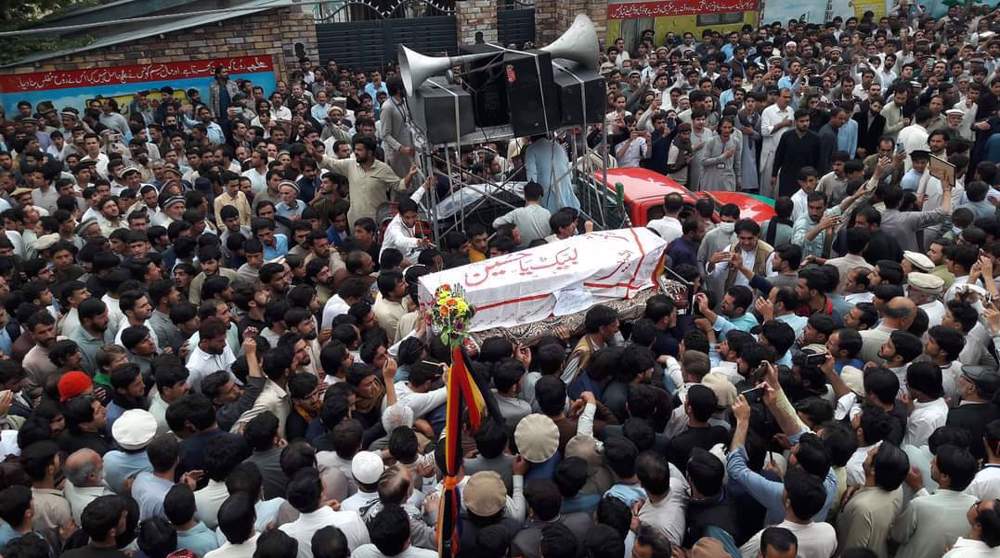
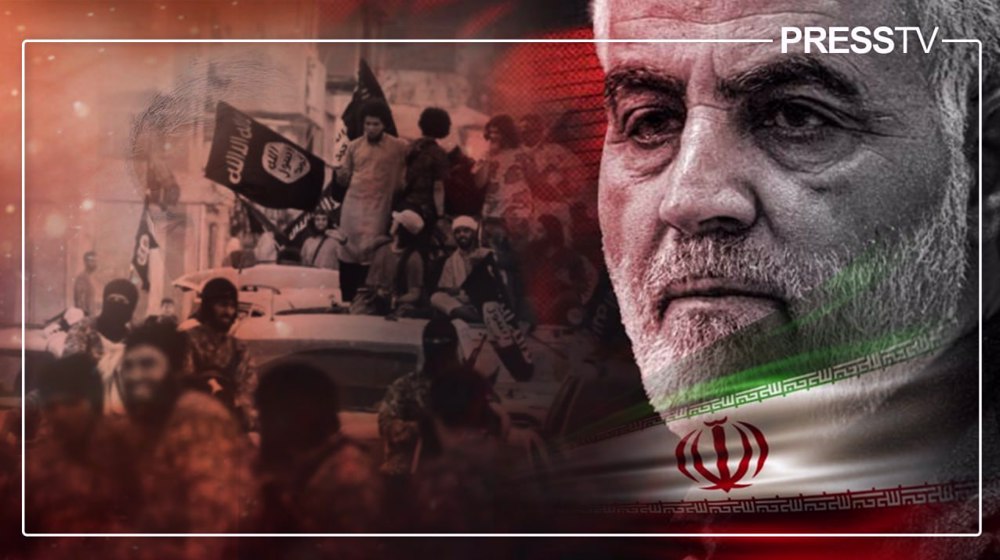
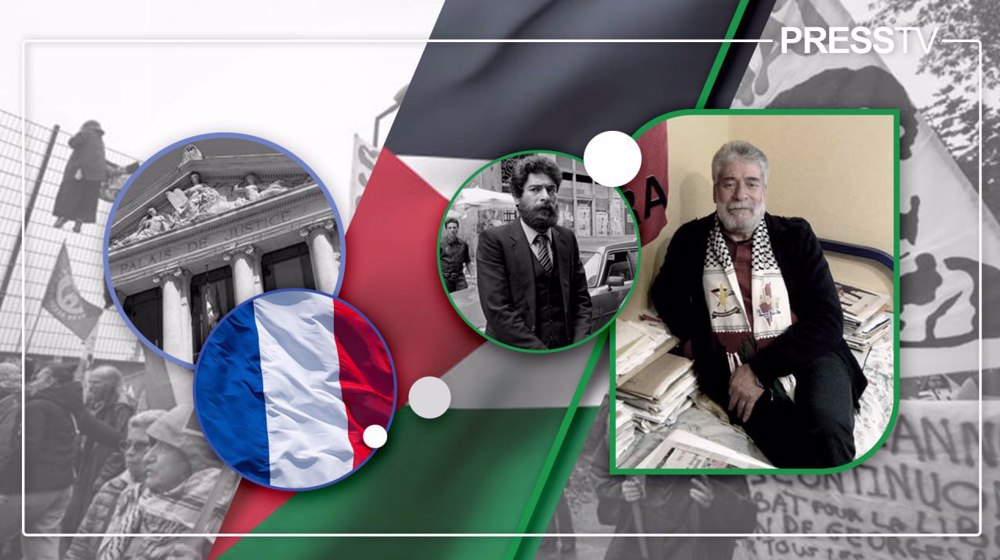
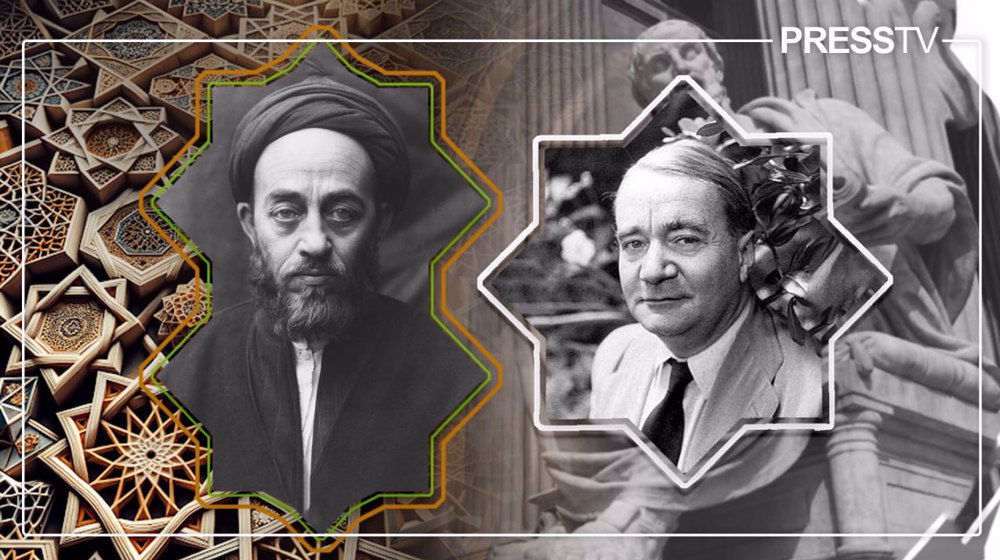



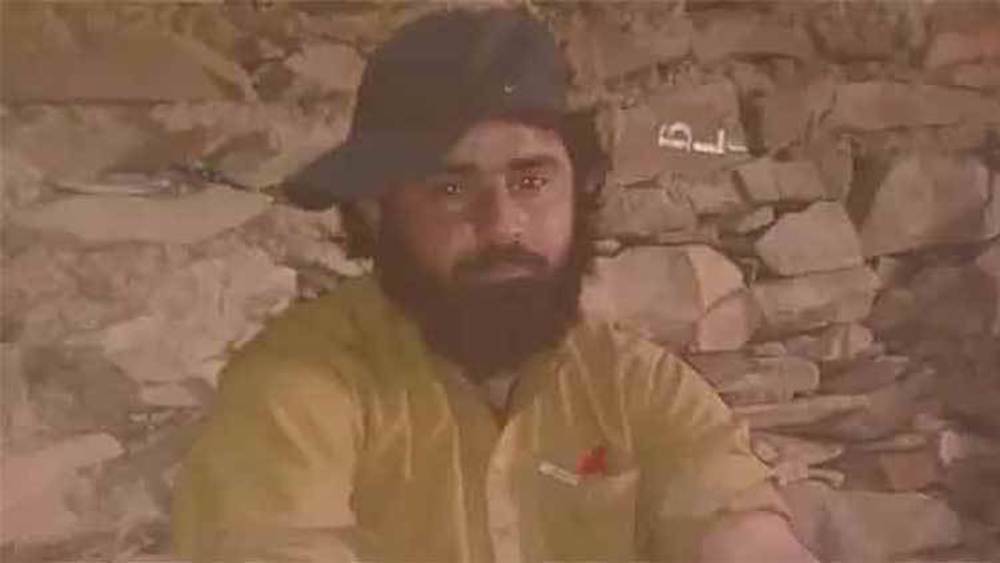
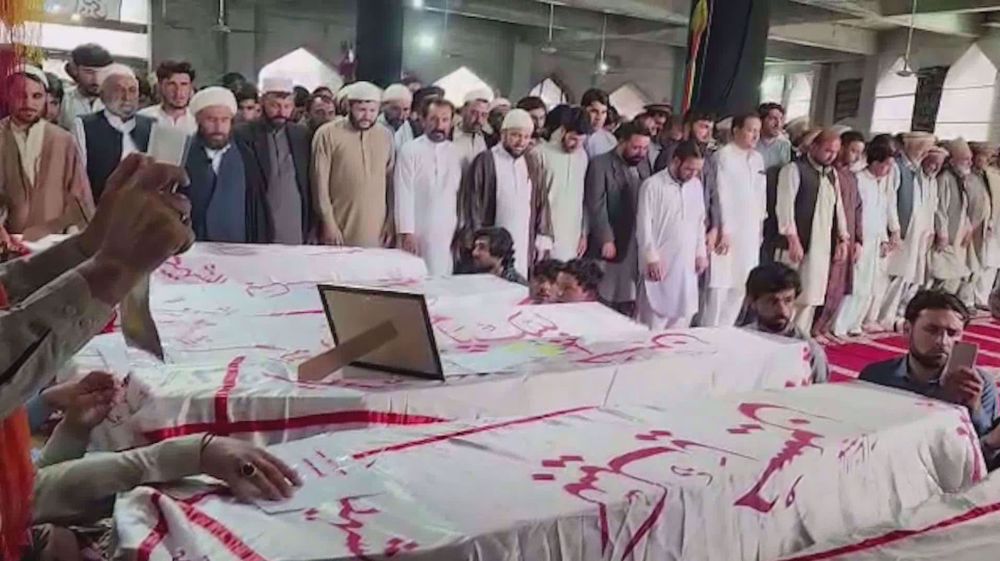
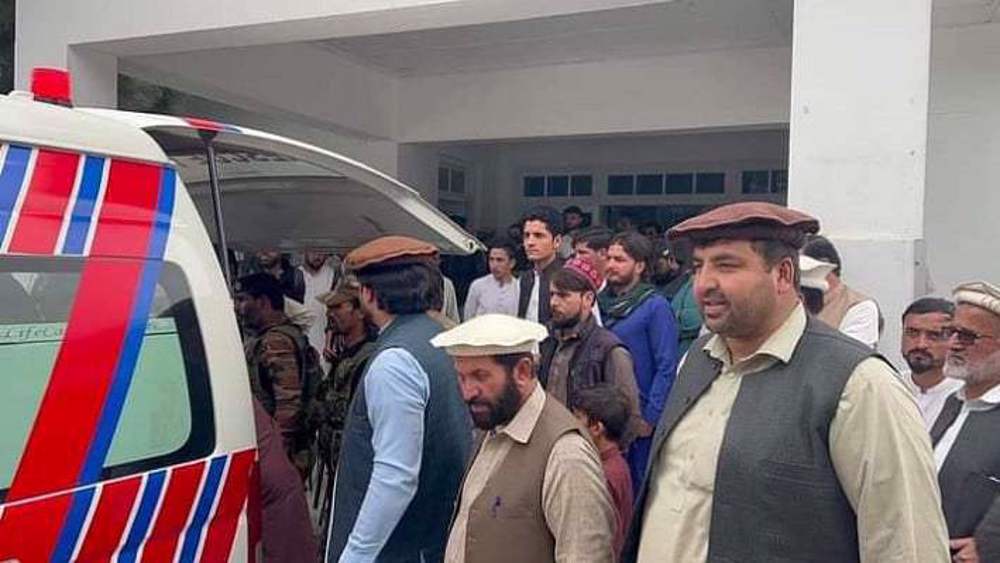
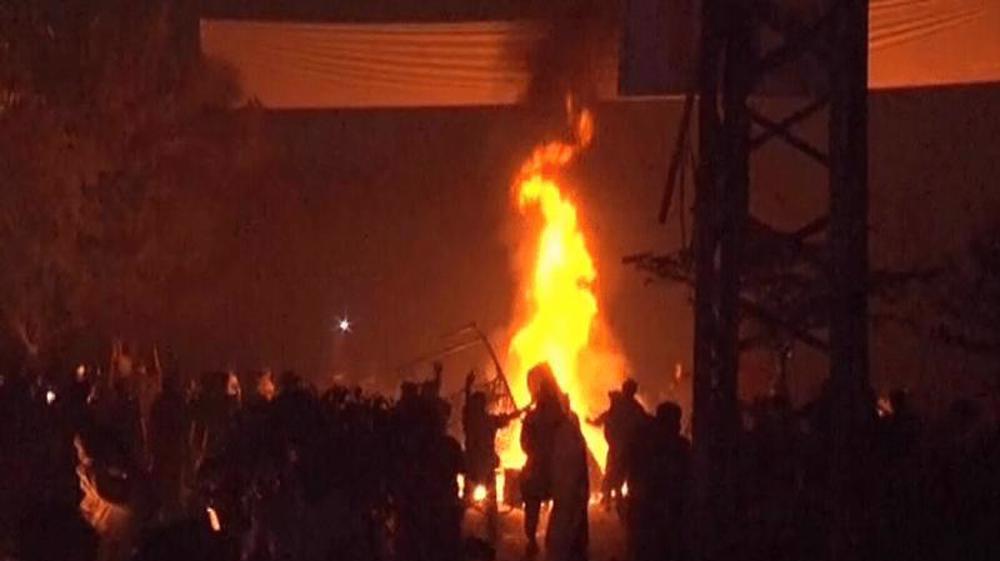
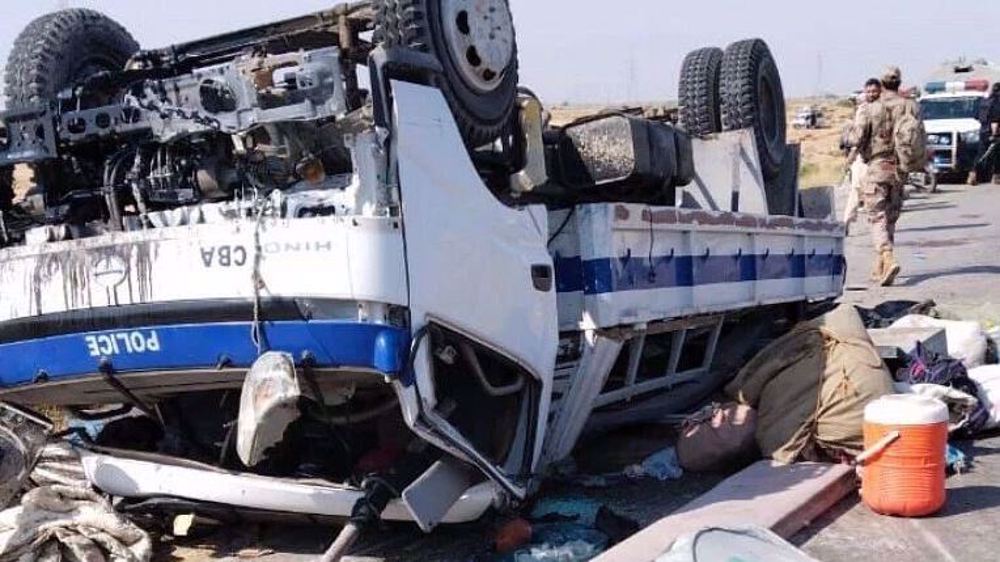

 This makes it easy to access the Press TV website
This makes it easy to access the Press TV website